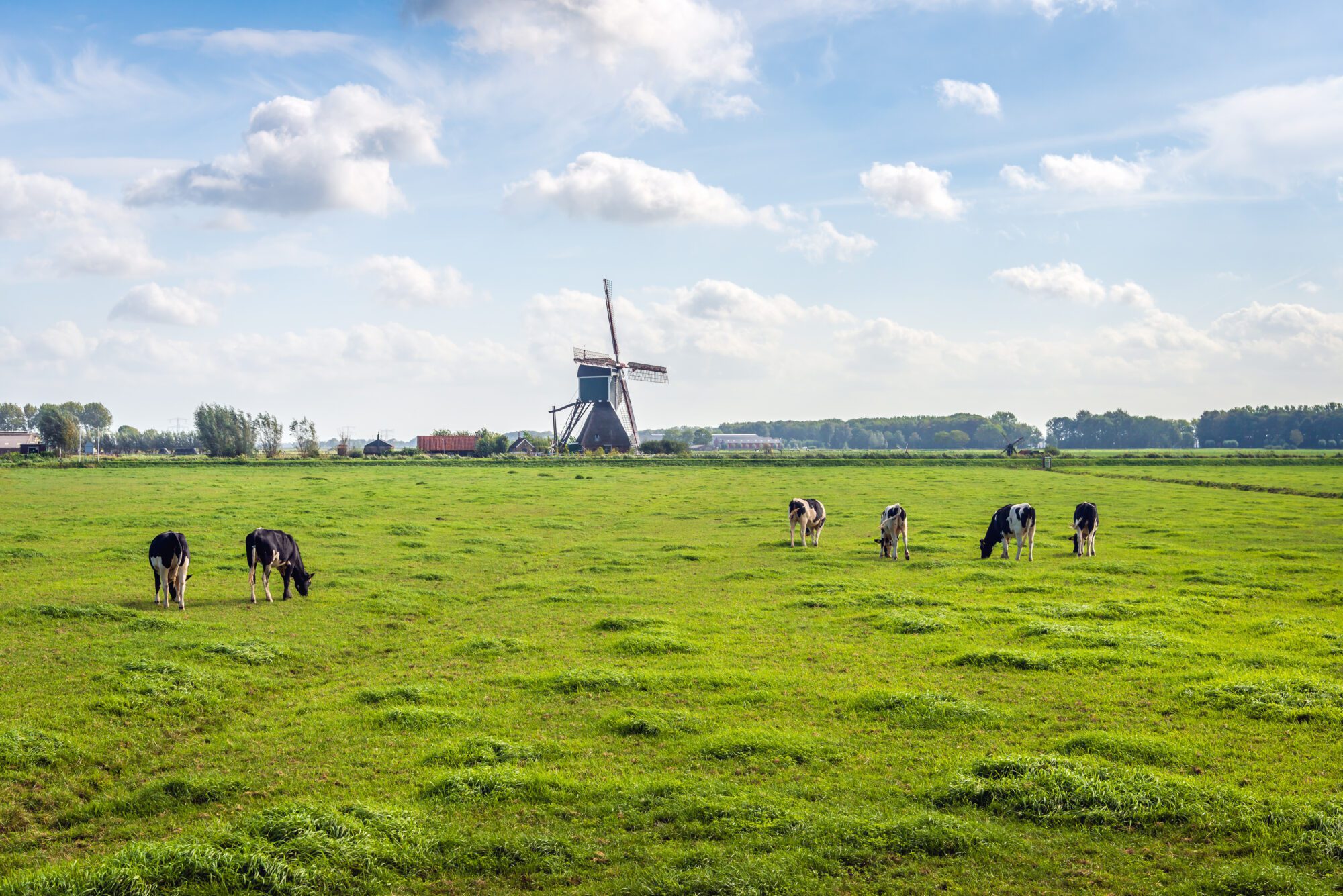
The Dutch government, controlled by the coalition of liberal-globalist parties, has announced plans to buy out and close up to 3,000 privately-owned farms in the country to comply with EU regulations on nitrogen emissions, further aggravating an already-highly emotionally charged dispute with farmers.
The government plans to assume control of the farmers’ properties by way of compulsory sales that will see property owners receive a payment from that state that’s approximately 120% of the farm’s value, although this figure has yet to be finalized, The Daily Caller reports.
Speaking about the buy-out plan last week, Minister for Nature and Nitrogen Policy Christianne van der Wal said that farmers will be made an offer that is “far above” the value of the farm, and added: “There is no better offer coming.”
Van der Wal told Dutch MPs that the state would press forward with the plan regardless of whether farmers accept the government’s offers, saying compulsory sales would be carried out with “a heavy heart.”
Officials from Mark Rutte’s cabinet last week said they plan to set aside €24.3 billion which they will use to purchase some 3,000 Dutch farms, many of which are family-run and have been passed down for generations.
The move comes after massive nationwide protests broke out last summer in response to Rutte’s government’s announcement that it would seek to cut nitrogen emissions by 50% by 2030. To meet the ambitious target, however, estimates suggest that 11,200 farms will need to be shut down, while 17,600 others must significantly decrease their livestock.
Farmers believe they are being unfairly singled out and that the measure is wrongly aimed at the agricultural sector, which accounts for most of the nitrogen emissions in the Netherlands.
Presently, there’s little evidence to suggest that farmers won’t resist the government’s plan for compulsory sales. How far the farmers are willing to go to resist, however, remains to be seen.
The scheme for the land buy-out payments is expected to come into effect early next year.
Despite being one of the smallest countries in the world territorially, the Netherlands is the world’s second-largest exporter of agricultural produce after the United States, supplying vegetables to much of Western Europe. More than half of the Netherlands territory is used for agriculture.
